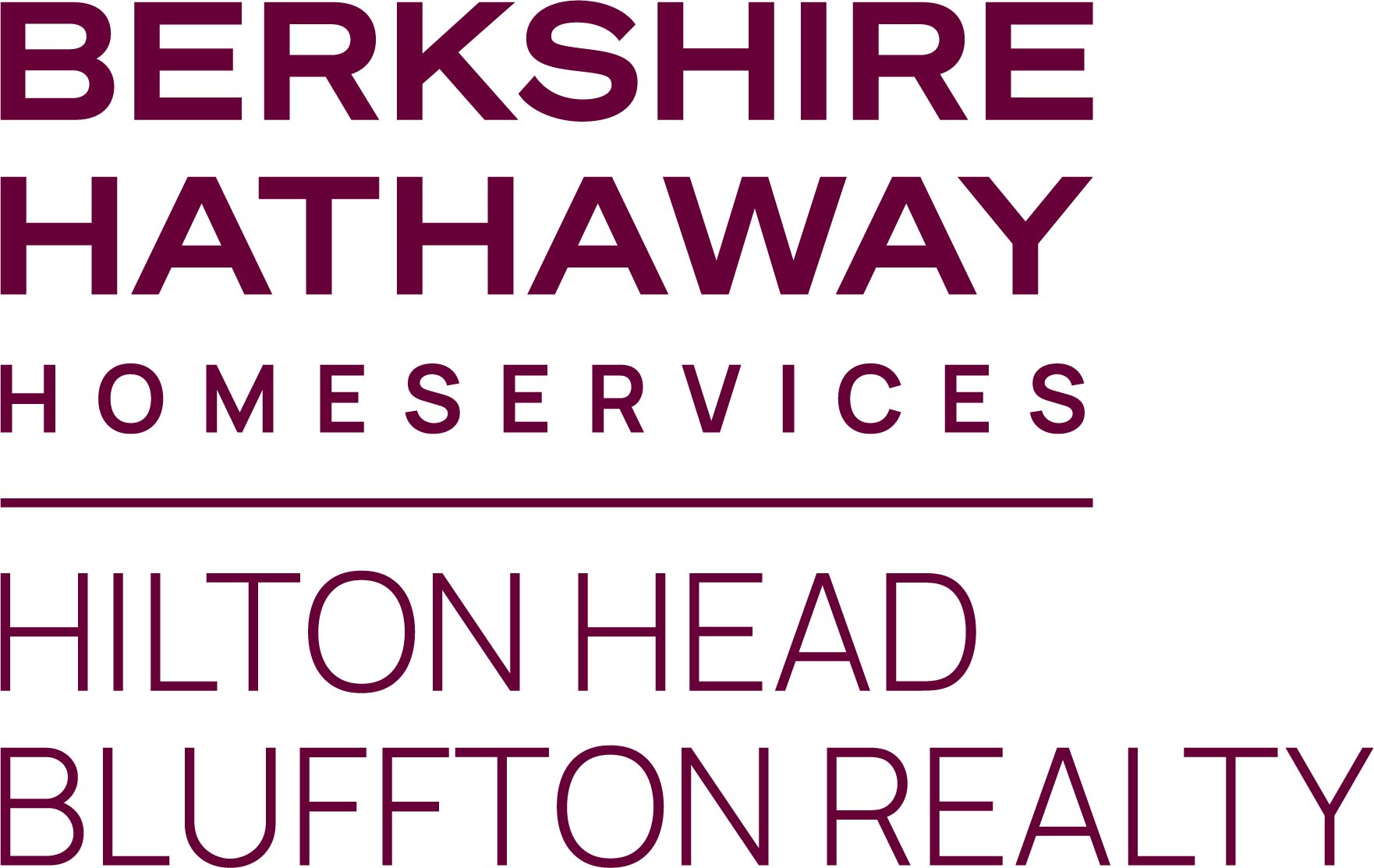
A Home Equity Loan Could Affect Private Mortgage Insurance Requirements
Homeowners often use their equity as a resource when they need to finance home improvements, a child’s college education or another major expense. Before you tap into your home equity, consider the possible effect on your private mortgage insurance (PMI) requirements.
What Is Private Mortgage Insurance?
If a homebuyer puts down less than 20 percent of the purchase price, a lender considers the loan risky. Most conventional lenders therefore require a borrower who puts down less than 20 percent to obtain PMI so the lender will be compensated if the borrower defaults on the loan. A borrower must continue to pay the premiums until reaching 20 percent equity.
How Can Borrowing Against Home Equity Affect PMI?
Premiums for PMI are based on your loan-to-value (LTV) ratio. If you currently have less than 20 percent equity and pay for PMI, you may be able to obtain a home equity loan, but that’ll increase your LTV ratio and, thus, your PMI premiums.
If you take out a home equity loan before you reach 20 percent equity, you may reach that goal much later than you would’ve without the home equity loan, and you’ll have to continue to pay for PMI in the meantime. Depending on the amount you’re currently paying for PMI, the amount you’d pay for PMI after taking out a home equity loan, and the interest rates on your mortgage and home equity loan, the additional cost might not make a home equity loan a good idea.
If you have more than 20 percent equity now, you aren’t paying for PMI. If you take out a home equity loan that causes your LTV ratio to rise above 80 percent, however, your home equity lender and your primary mortgage lender may both require you to purchase PMI.
Should You Take out a Home Equity Loan?
A home equity loan can be a useful tool to pay for large expenses, but you should think things over carefully. If you’re currently paying for PMI, a home equity loan could raise your PMI premiums substantially, and you could be on the hook for PMI payments for a much longer period of time than you would if you didn’t tap into your home equity. If you’ve been working for years to pay down your mortgage and the combination of your existing mortgage and a new home equity loan would cause your equity to fall below 20 percent, you could have to deal with the additional expense of PMI, on top of mortgage and home equity loan payments.
Talk to your lender about your current LTV ratio and how a home equity loan would affect your PMI obligations. If your monthly costs would rise significantly, you might be better off postponing a large purchase or exploring other financing options.
This article is intended for informational purposes only and should not be construed as professional or legal advice.

